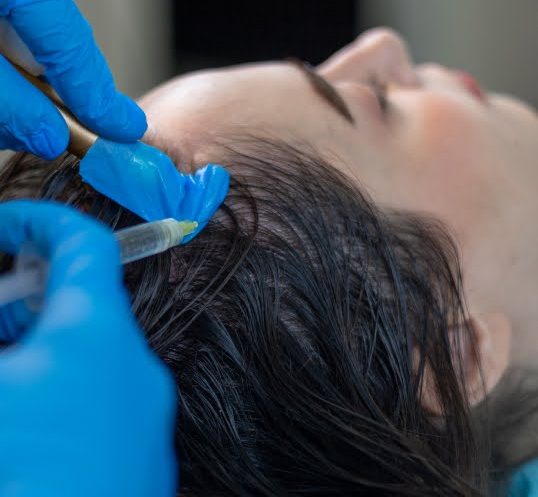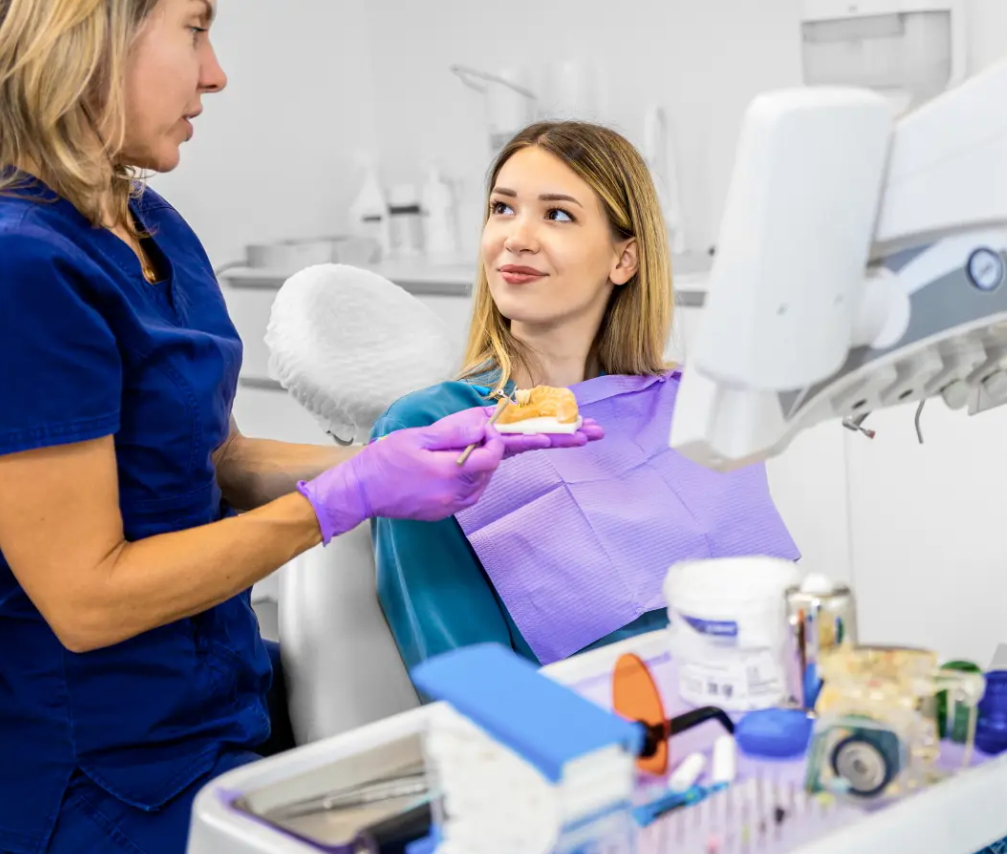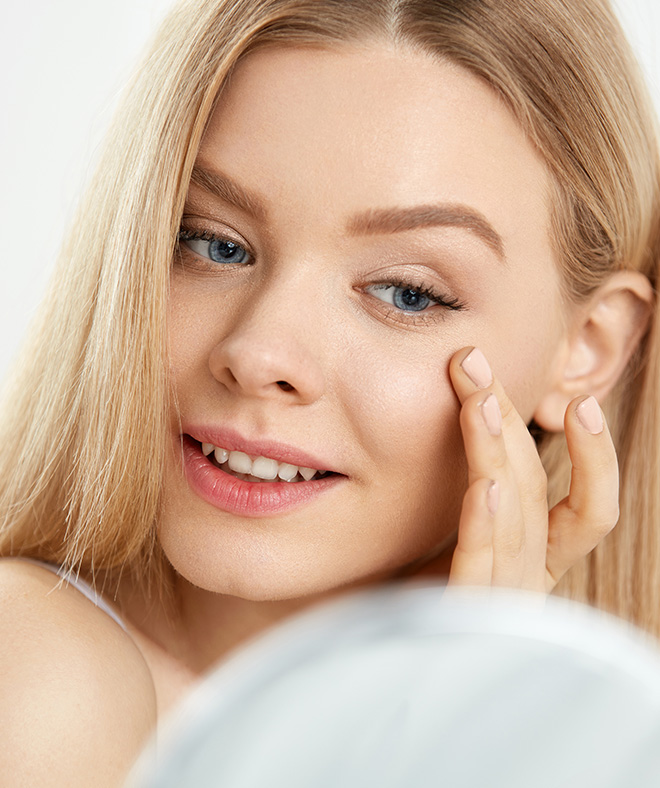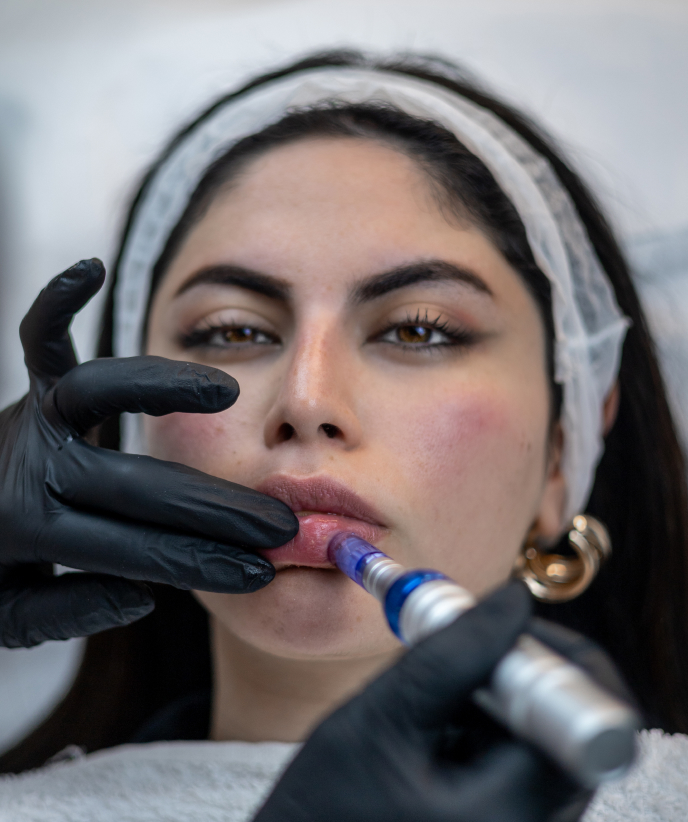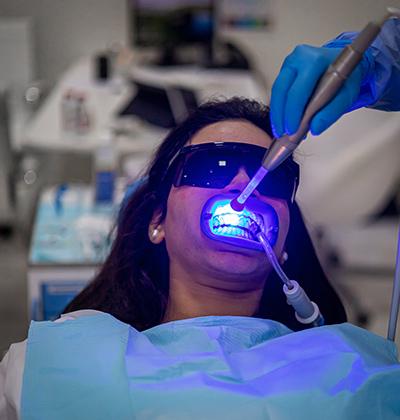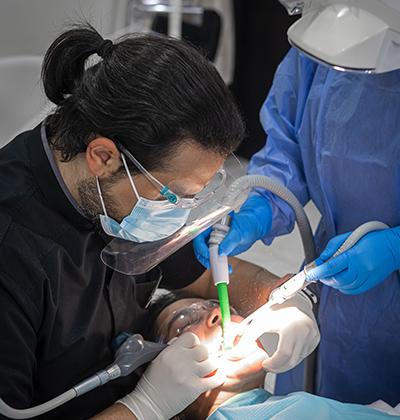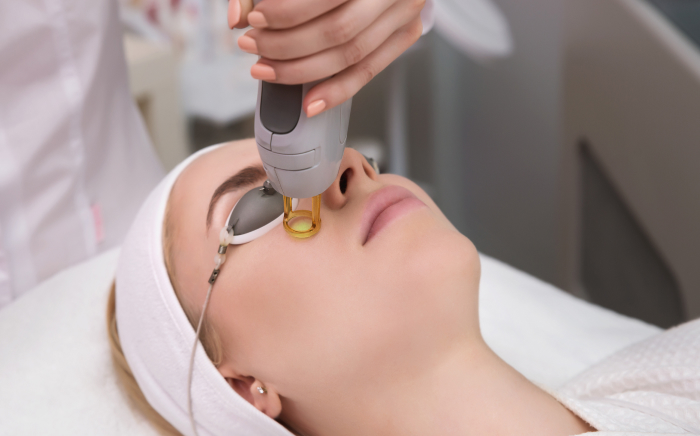They say that your hair is a crown. As long as you have good hair, you can get away with anything, and achieve whatever overall look you desire. Your hair is important for looking good every day, and so it can be frustrating when you begin losing hair. It’s not nice to always have a bad hair day, and losing hair can make you lose confidence. So, how do you prevent hair loss? In this blog, we will discuss some ways to prevent hair loss.
Here’s How to Prevent Hair Loss
1. A Healthy Diet: Eat Healthy
It is a well-known fact that having a healthy diet can improve your physical health. But did you know that eating healthy can also help prevent hair loss? Having a poor diet can contribute to hair loss, and if you’re not getting enough nutrients such as protein or iron, you can suffer from hair loss.
So, to prevent hair loss and nourish your body and scalp, you can have a protein-rich diet and eat chicken, fish, eggs, turkey, and dairy products. It’s important to remember that you should be mindful of the food you eat – it’s not just about your physical health, but also taking care of your hair and preventing hair loss.
2. Gentle Styling: Avoid Tight Ponytails or Braids
Another way to prevent hair loss is to avoid hairstyles that pull your hair tightly. Your hair can only be stretched so much before it becomes permanently damaged. Wearing your hair tightly pulled back in ponytails, braids, pigtails, or buns can pull your hair away from the scalp and loosen the bond between your scalp and hair. Anything that pulls on your hair can lead to permanent hair loss.
Limit the tension on your hair from these styles. You can instead loosen up the hairstyle, such as loosening braids instead of having tightly braided hair. If your hairstyle feels painful, it means that it’s too tight, and tightly pulled hairstyles can cause your hair to fall out.
3. Be Gentle with Wet Hair
Your hair is fragile and in a vulnerable state when it is wet. So, whenever your hair is wet, you should be gentle and take extra care after washing. Use a wide-tooth comb for wet hair. When towel-drying, make sure not to rub your hair as it can cause damage and hair loss. Additionally, it’s important to note that you should avoid sleeping with wet hair, as this can weaken the strands and cause breakage.
4. Avoid Harsh Treatments: Hot Oil Treatments, Chemical Treatments, and More
If you want to prevent hair fall, it’s very important to protect your hair from chemicals and heat. Hot oil treatments, chemical treatments, and heat styling tools can damage your hair and lead to hair loss.
Chemical treatments such as perms, hair dyes, and bleaching can damage your hair and scalp, so if you want to prevent hair loss, you should limit dyes, perms, and other treatments that can likely damage your hair.
Heat styling tools such as curling and straightening irons can also damage your hair over time. So, as much as possible, avoid using heat to style your hair, as it can weaken your hair. Use these tools for special occasions only, and not regularly.
5. Choose Hair Products Wisely
Use a mild shampoo when washing your hair, as some shampoos can strip moisture from your hair and lead to hair loss. You can also use products that are specifically formulated to prevent hair fall or shampoos that can help reduce or prevent hair loss. Additionally, it’s important to note that overwashing your hair with shampoo or shampooing too often can damage your hair, so just put the right amount of shampoo.
6. Reduce Stress
Stress is associated with hair loss. Stress can cause excessive shedding. Your hair can also stop growing because of stress. So, stress does not just cause unhappiness or dark circles under the eyes, it can also lead to hair fall.
Stress cannot really be avoided, but you should find ways to cope or deal with it. Do some activities that can help in managing stress, such as yoga, exercising, or getting more rest or sleep. Do things that make you happy to reduce stress. This can help prevent hair loss.
7. Limit Sun Exposure
To prevent hair loss, limit sun exposure and protect your hair from sunlight. When you’re in the sun, you could wear a hat or cap, scarf, or any other head covering. You should also apply sunscreen daily.
8. Massaging Your Scalp
Massaging your scalp can help improve your hair condition. Scalp massage can promote hair growth, as it stimulates blood circulation. It can relieve stress, which is another way of preventing hair loss. You can massage your scalp when your hair is dry or you can do it while you are washing your hair. Whichever way, massaging your scalp can be relaxing, so go for it.
9. Use the Right Brush and Brush Gently
A soft, natural bristle brush is less likely to tear or damage your hair. Additionally, as mentioned earlier, use a wide-tooth comb for wet hair. Brush or comb your hair gently and avoid tugging when brushing or combing. Start from the top and gently brush through to the end.
10. Stop Smoking
Smoking causes serious health problems and can also contribute to hair loss, as it damages the hair follicle. So, to prevent hair loss and not aggravate it, it’s better to quit smoking.
Medical Treatments for Hair Loss
It’s better to address hair loss early. If you notice a significant amount of hair loss, it’s best to seek help from a medical professional and consider medical treatments as soon as possible.
With Bella Medical Centre’s hair loss treatment, you can expect long-term results that will restore your hair’s natural thickness and help prevent future hair loss. Our hair loss treatments include PRP therapy, laser hair therapy, and hair transplant surgery. We provide medication and support to help ease any pain or discomfort. Contact us today for medical treatments for hair loss!
